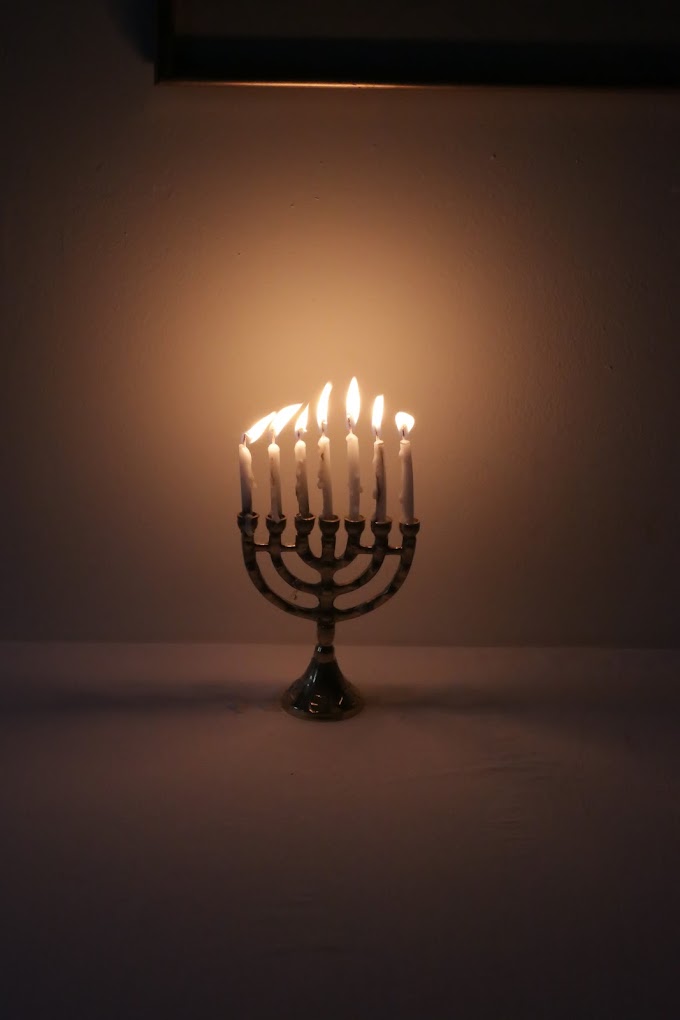Henry Alfred Kissinger, born Heinz Alfred Kissinger (German: [haɧnts ˈʔalfʁe\t ˈkɪsɪϋ\]), was an American politician, diplomat, political scientist, and geopolitical consultant. He held positions as national security advisor and secretary of state during the administrations of Richard Nixon and Gerald Ford.[4] Under dubious circumstances, Kissinger was awarded the 1973 Nobel Peace Prize for his efforts in brokering a ceasefire in Vietnam.[5]
 |
| Henry Kissinger (@new york post) |
In 1938, Kissinger and his family left Nazi Germany as Jewish refugees. He studied under William Yandell Elliott at Harvard College, where he excelled academically and graduated in 1950. In 1951 and 1954, he graduated from Harvard University with an M.A. and a Ph.D.
Practicing what became known as "shuttle diplomacy" in the Middle East to end the Yom Kippur War, Kissinger spearheaded the détente policy with the Soviet Union, arranged for relations to open up with the People's Republic of China, and negotiated the Paris Peace Accords, which put an end to American involvement in the Vietnam War. Kissinger was a practitioner of the pragmatic approach to politics known as "Realpolitik." Additionally, Kissinger's controversial actions include U.S. bombing of Cambodia during the Vietnam War, U.S. assistance in the military coup in Chile in 1973, U.S. approval of the Dirty War by Argentina's military junta, and U.S.
assistance to Pakistan throughout the Bangladesh Liberation War, even though Pakistan was committing genocide.[7] He founded Kissinger Associates, a global geopolitical consulting firm, after leaving the government. Kissinger authored more than a dozen books on international affairs and diplomatic history.
The political legacy of Henry Kissinger is still divisive and contentious in the US. In addition to being criticized for supposedly turning a blind eye to war crimes committed by American allies, he is regarded as an effective Secretary of State[8].[6][Untrustworthy source?][9][10]
Early Life And Education
Born on May 27, 1923, in Fürth, Bavaria, Germany, Heinz Alfred Kissinger was the son of educator Louis Kissinger (1887–1982) and housewife Paula (née Stern; 1901–1998, from Leutershausen); he had a younger brother, Walter (1924–2021), who was a businessman. German-Jewish in descent, Kissinger's great-great-grandfather Meyer Löb took the last name "Kissinger" from the Bavarian spa resort of Bad Kissingen in 1817.[12] Kissinger was a passionate soccer player in his youth. He was a player for one of the top clubs in the country at the time, SpVgg Fürth, in their youth squad.[13]
In an interview from 2022, Kissinger talked movingly about how, at the age of nine, he learned that Adolf Hitler had been elected Chancellor of Germany in 1933. This event turned out to be a significant turning point in the Kissinger family's history.[14] Gangs from the Hitler Youth frequently harassed and beat Kissinger and his friends during the Nazi regime.[15] Kissinger occasionally avoided the racial segregation enforced by Nazi laws by entering soccer stadiums undetected to watch games, which frequently resulted in beatings from security personnel.[16][15] Because of the anti-Semitic laws enacted by the Nazis, Kissinger was denied entry to the Gymnasium and his father lost his teaching position.In [15][17]
At the age of fifteen, Kissinger and his family left Germany on August 20, 1938, in order to escape additional persecution by the Nazis.In [15] The family arrived in New York City on September 5 after a brief stopover in London. Kissinger subsequently played down the impact that his experiences as a young man in Germany, where there was "a great deal of order and very little justice; it was not the sort of place likely to inspire devotion to order in the abstract," on his policies. Many academics, including Walter Isaacson, Kissinger's biographer, have countered that Kissinger's experiences shaped his realist approach to foreign policy.[18]
As a member of the German-Jewish immigrant community living in the Washington Heights neighborhood of Upper Manhattan during that time, Kissinger completed his high school education there. Kissinger's strong German accent persisted throughout his rapid assimilation into American society, despite his shyness as a child that prevented him from speaking out loud.[19][20] Following his first year at George Washington High School, he started going to classes at night and working during the day at a factory that made shaving brushes.[19]
Kissinger studied accounting at the City College of New York after graduating from high school. Despite continuing to work while enrolled, he was a part-time student who excelled academically. Early in 1943, he was drafted into the U.S. Army, which put an end to his academic career.[21]








